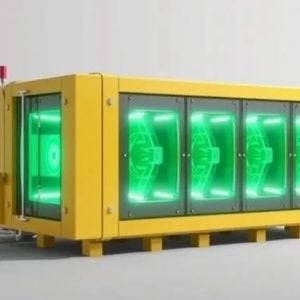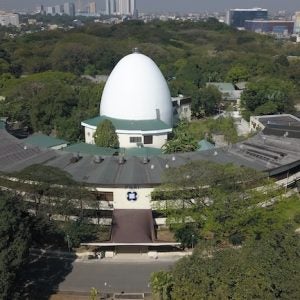The French government says it plans to introduce a "price corridor" for France's wholesale nuclear power market.
This price corridor would enable utility EDF to cover its costs while shielding consumers from volatile electricity price spikes.
The new model is set out in a consultative paper and would replace the ARENH nuclear market scheme under which EDF is obliged to sell 100TWh (a quarter of its yearly nuclear generation) to rivals at a fixed price of €42/MWh ($46.8/MWh).
Power from France's 58 reactors currently accounts for three-quarters of French electricity.
EDF says the ARENH price favours its competitors, allowing them to buy cheap nuclear when wholesale market prices exceed €42/MWh, but buy elsewhere when market prices are low.
The proposed reform would introduce a price corridor, with a floor and ceiling price for nuclear power generated by French reactors, including the EPR reactor under construction at Flamanville 3.
These price levels would be fixed and implemented under the control of market regulator CRE, according to the government’s consultative document.
The reform would allow for fair remuneration for EDF that would completely cover its costs, as well as for a reasonable remuneration of its assets with regard to the risks it carries, the document said.
Although the floor and ceiling prices have yet to be determined, the difference is expected to be around €6/MWh.
French officials said the changes will not impact European wholesale power prices, and will introduce more liquidity to the market.
Most French nuclear power is available to European consumers because of the coupling of the European power market, which allows suppliers to purchase power anywhere within the European Union (EU).
However, the French government will need approval from the EU competition authorities to make the changes.






